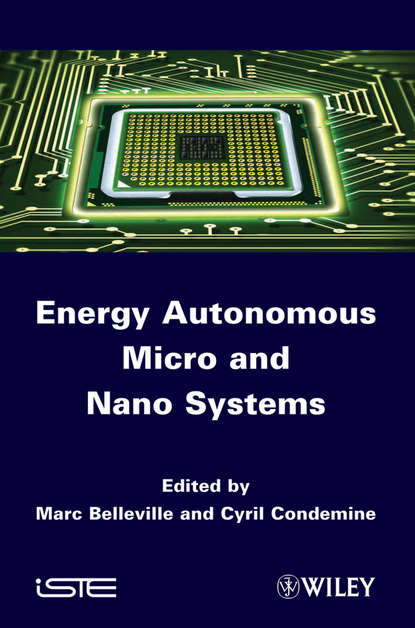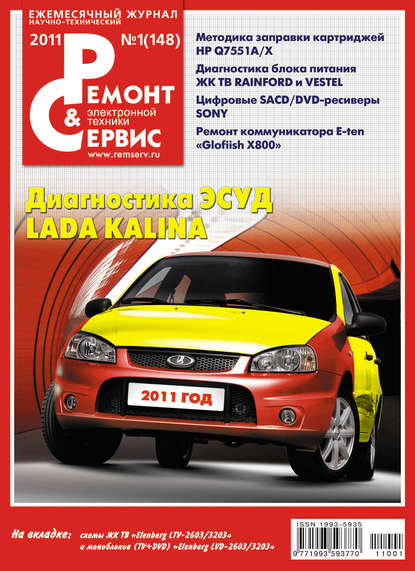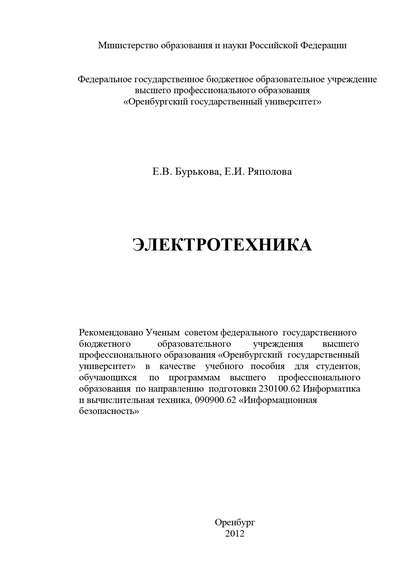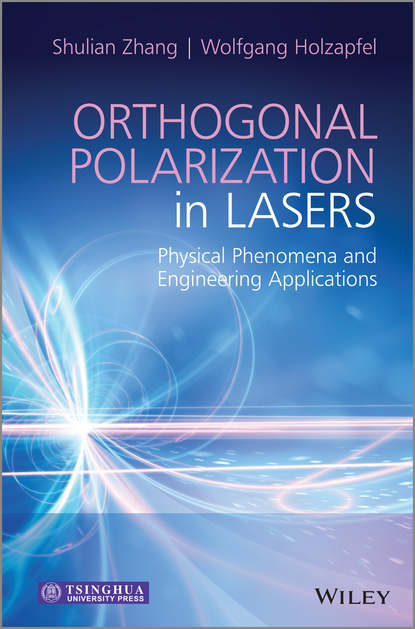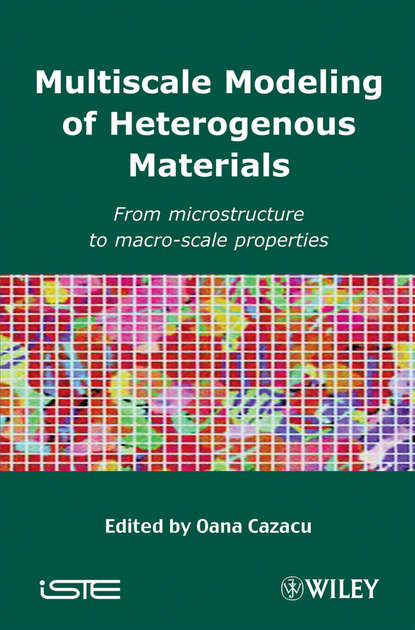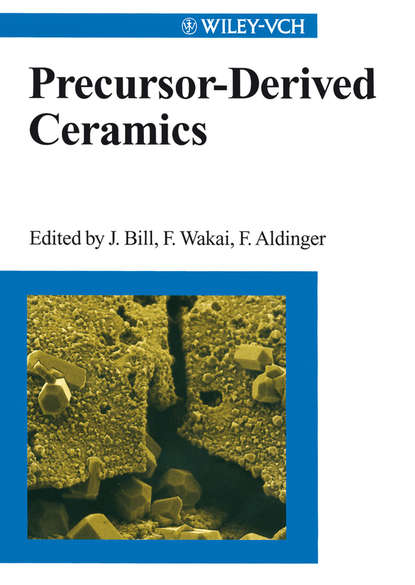Книга "Energy Autonomous Micro and Nano Systems" представляет собой подробный обзор основ и последних достижений в области энергетически автономных микросистем. В ней представлено углубленное исследование применения этих систем в областях мониторинга здоровья и использования в авиации, медицинских имплантах и умном доме, выделяя основные технические характеристики таких систем. В книге также содержится вводная информация о фотоэлектрической, термальной и механической генерации и преобразовании энергии, а также последние результаты в этих областях. Кроме того, представлены современные методы создания ультранизкопотребляющих датчиков, цифровой обработки сигналов и
Это книга французского профессора - здесь в оглавлении три раздела около 20-ти глав. Книга содержит обзор основ, последних достижений в области энерговодовких микроСИСТЕМ. Книга хорошо структурирована, первая глава теоретическая и дает возможность получить информцию о физиике происходящих процессов, а остальные специально ориентированны на практиуческие применения. В второй главе приводится много информации по применению энергии вызванной лайтом и теплом (например, для ремонта электронной техники). Одним словом, объективная сводка информации по данной теме от специалиста. .
Электронная Книга «Energy Autonomous Micro and Nano Systems» написана автором Belleville Marc в году.
Минимальный возраст читателя: 0
Язык: Английский
ISBN: 9781118587508
Описание книги от Belleville Marc
Providing a detailed overview of the fundamentals and latest developments in the field of energy autonomous microsystems, this book delivers an in-depth study of the applications in the fields of health and usage monitoring in aeronautics, medical implants, and home automation, drawing out the main specifications on such systems. Introductory information on photovoltaic, thermal and mechanical energy harvesting, and conversion, is given, along with the latest results in these fields. This book also provides a state of the art of ultra-low power sensor interfaces, digital signal processing and wireless communications. In addition, energy optimizations at the sensor node and sensors network levels are discussed, thus completing this overview. This book details the challenges and latest techniques available to readers who are interested in this field. A major strength of this book is that the first three chapters are application orientated and thus, by setting the landscape, introduce the technical chapters. There is also a good balance between the technical application, covering all the system-related aspects and, within each chapter, details on the physics, materials and technologies associated with electronics. Contents Introduction. Introduction to Energy Autonomous Micro and Nano Systems and Presentation of Contributions, Marc Belleville and Cyril Condemine. 1. Sensors at the Core of Building Control, Gilles Chabanis, Laurent Chiesi, Hynek Raisigel, Isabelle Ressejac and Véronique Boutin. 2. Toward Energy Autonomous MedicalImplants, Raymond Campagnolo and Daniel Kroiss. 3. Energy Autonomous Systems in Aeronautic Applications, Thomas Becker, Jirka Klaue and Martin Kluge. 4. Energy Harvesting by Photovoltaic Effect, Emmanuelle Rouvière, Simon Perraud, Cyril Condemine and Guy Waltisperger. 5. Mechanical Energy Harvesting, Ghislain Despesse, Jean Jacques Chaillout, Sébastien Boisseau and Claire Jean-Mistral. 6. Thermal Energy Harvesting, Tristan Caroff, Emmanuelle Rouvière and Jérôme Willemin. 7. Lithium Micro-Batteries, Raphaël Salot. 8. Ultra-Low-Power Sensors, Pascal Nouet, Norbert Dumas, Laurent Latorre and Frédérick Mailly. 9. Ultra-Low-Power Signal Processing in Autonomous Systems, Christian Piguet. 10. Ultra-Low-Power Radio Frequency Communications and Protocols, Eric Mercier. 11. Energy Management in an Autonomous Microsystem, Jean-Frédéric Christmann, Edith Beigne, Cyril Condemine, Jérôme Willemin and Christian Piguet. 12. Optimizing Energy Efficiency of Sensor Networks, Olivier Sentieys and Olivier Berder.
